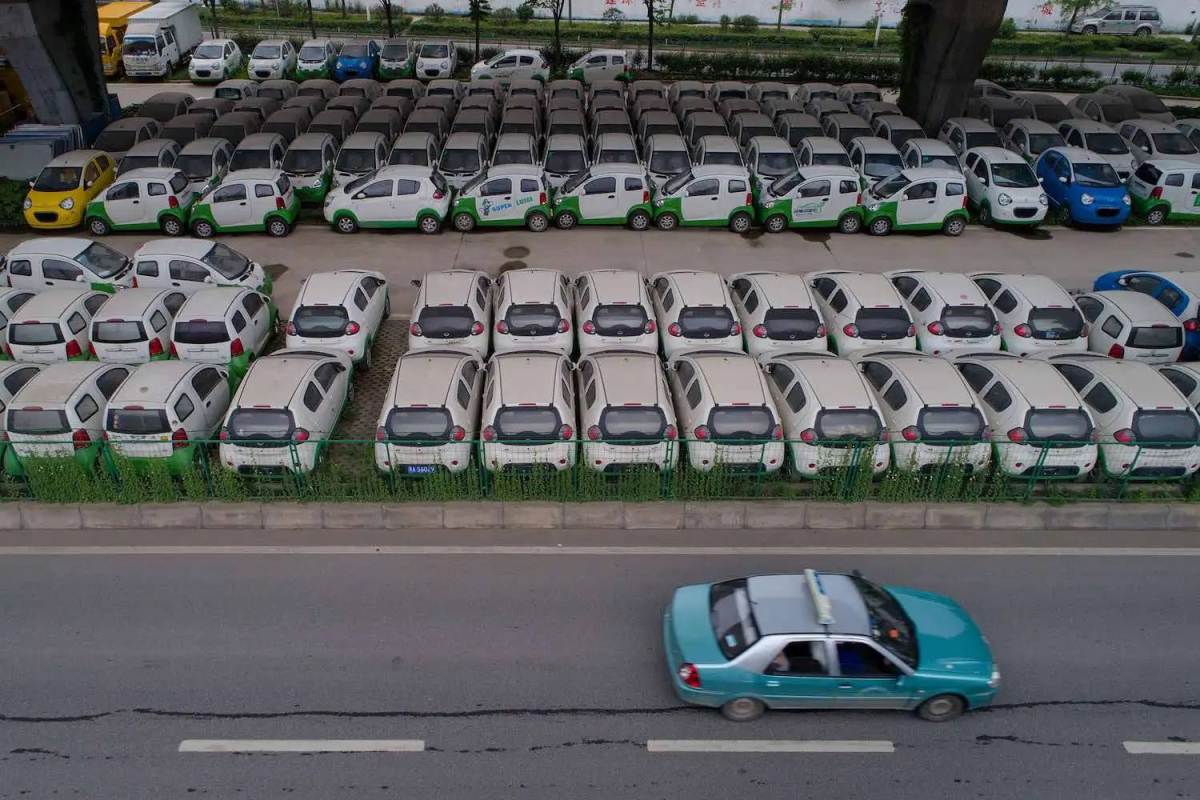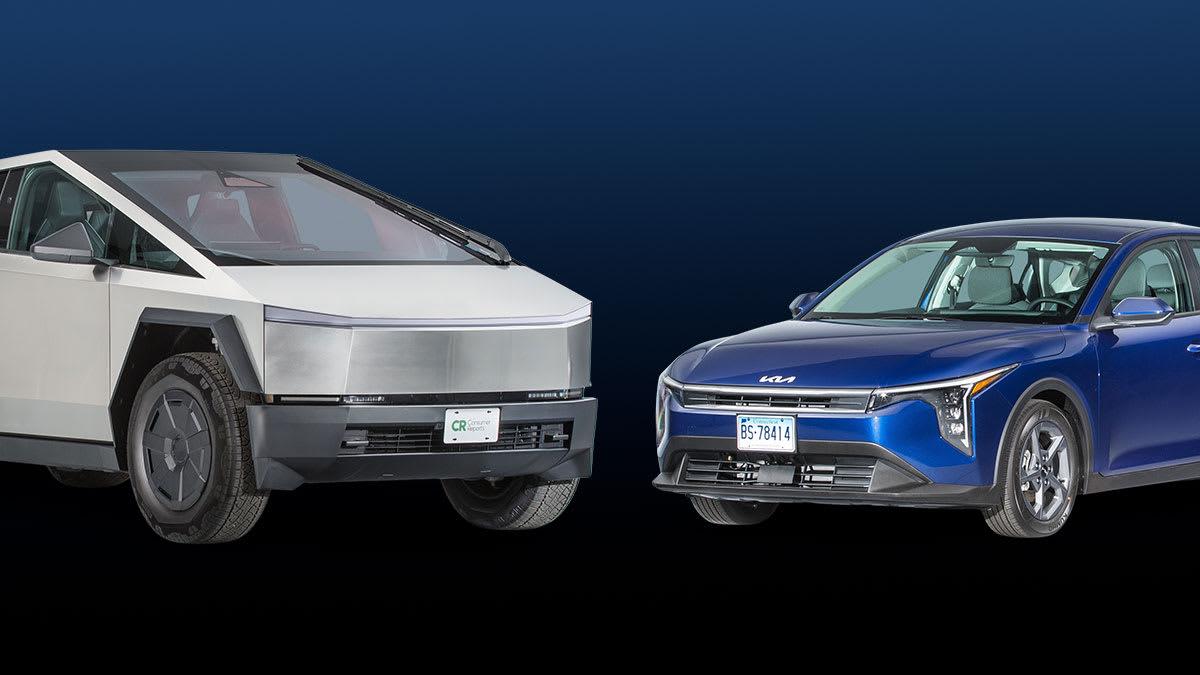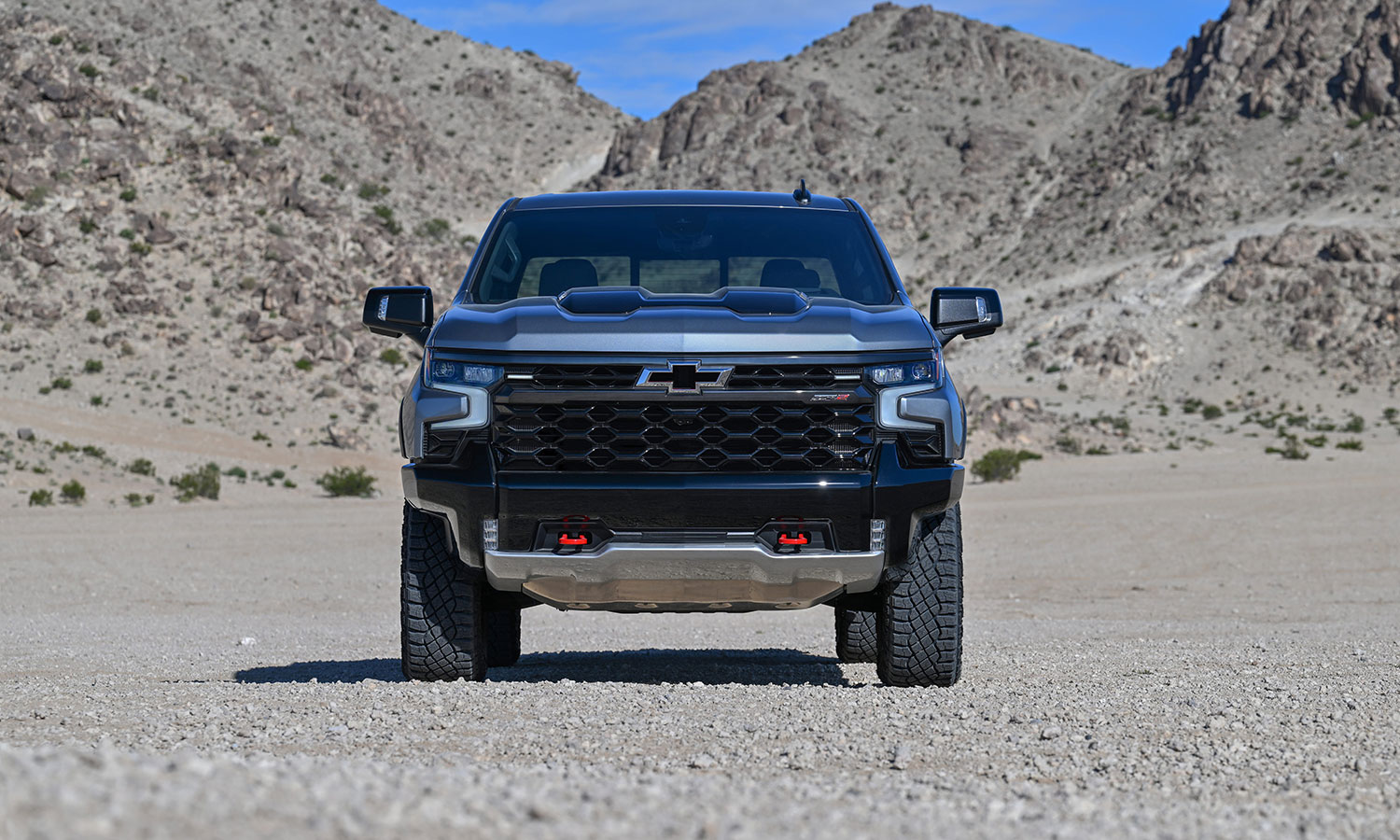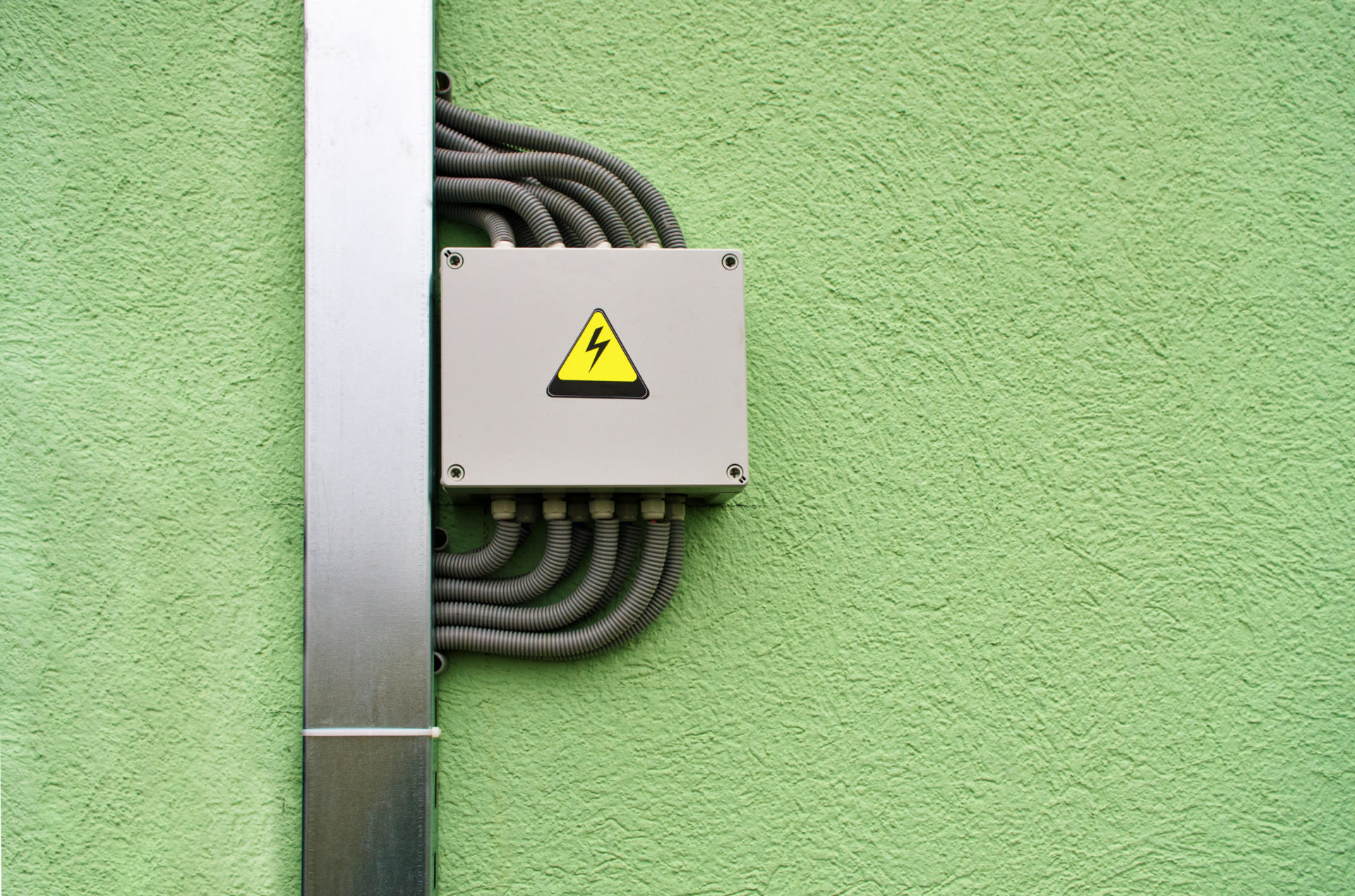This will get long but looks dive deeper in to this. First, the COLD.
Perhaps because of ideology or hobby or its thrilling, but a common trait of early adopters is to chase technology. Please make sure we use common definitions.
EV means a pure electric vehicle, no hybrids. EV advocates LOVE to add in hybrids.
Number of cars is
number of registrations, NOT number sold in a year. A 50% increase of nothing is still nothing. If you want buy-in, you got to get the masses to buy in, that said, lets dive deeper into this
. First, the current big headline, “cold bad”
Electric Car Owners Confront a Harsh Foe: Cold Weather
The reasons do not matter. People read it and will write it off. This headline is everywhere. Just like "Xerox" means copy and “google” means search. "Tesla" means EV.
‘It’s kind of like, I don’t really want a Tesla.’
Anyone who ever used a battery in the cold knows they suck in the cold. I got a weather station with a battery, and I wake up to a DEAD battery. Its too cold. My Lithium jump starter? I take it out to charge it and Beep beep beep, its too cold. That’s USELESS. When you need it the most, it fails.
But EV early adopters say charge at home is the way to go. Its been repeated here endlessly. But that’s not real life. From SBGLOBAL, a survey in Nov from US, UK, and other countries. You can read it.
Although battery-electric vehicles are getting closer to price parity with their internal combustion siblings, the affordability factor is the main reason consumers are holding back on adopting electrification, according to a recent survey by S&P Global Mobility.

www.spglobal.com
51% of EV owners have a charger at home. Let that sink in. Just 51%?
and 42% typically use it?????? It goes further to say that while the Advocates push this, in reality, it’s the MINORITY.

Why didn't the Chicago EV owners charge at home? Maybe because they don't have one?




















